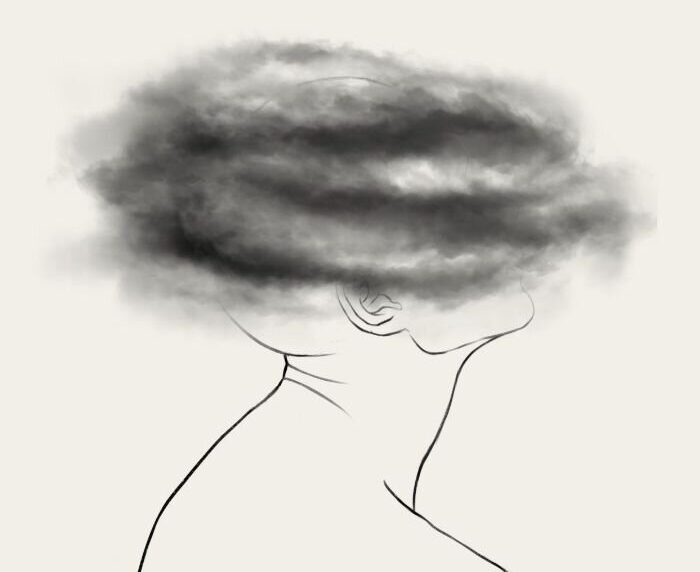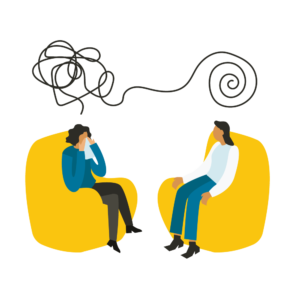
Do we need therapy?
The Quartz daily website recently suggested we could all be our own therapists, so how does seeing a cognitive behavioural therapist stack up to just doing various self-help exercises on your own?
A paper published in 2016 titled Understanding the Therapist Contribution to Psychotherapy Outcome: A Meta-Analytic Approach, gave us insight into the role therapists play in psychotherapy outcomes. The study took its respondents and randomised them to receive the same treatment either through self-help or through a therapist.
The study found no difference in treatment completion rate and broad equivalence of treatment outcomes for participants treated through self-help and participants treated through a therapist.
Naturally, this will piss off some therapists off. Yet we should be wary of taking this information as finial, because it’s worth bearing in mind, what makes you so confident you even know what your problems really are?
It is easy to go down the route of self-help when you know the battle you’re facing. Those with clear diagnosis have tones of disposable resources at their fingers to help manage symptoms or further explore what makes them tick.
The issue that comes from studies such as the above, is it assumes those getting help have already been diagnosed and are being treated, when one of the driving forces of therapy is to get diagnosed so that you know how to move forward.

Therapy is not for everyone, a lot of people do not feel the need to be diagnosed and know how to manage triggers and maintain and healthy lifestyle. If on the other hand, you are finding yourself crippled with doubt about what you may have, and in turn that is effecting your wellbeing and your ability to function, then I couldn’t suggest therapy more.
I have anxiety, I know this because I know the symptoms, I know how to manage it and I can function in my day to day life as long as I’m avoiding triggers. I don’t need therapy.
Therapy is always going to work on a case by case basis. And no one can ever tell you if you need it or don’t. Only you have the ability to either make an effort to see if a trained professional will benefit you in some way.
The 2016 study is a rose tinted version of reality, where self-help exercises cure depression and improve your state. Not taking into account that when your depression hits and you can’t even find the energy to eat, you most likely won’t be doing 20 minutes of Yoga each day either.
When it comes to seeking help, you may be surprised about what you discover about yourself. My recommendation would always be to attend one session. Talk to a trained professional about your concerns and your speculations, and if you don’t feel any different nothing is making you continue.
But if you find it helps you, you may have just made your life a lot easier. The one thing about therapy is it will keep you accountable. It will keep you on track. And if you’re struggling that is a lot harder to do on your own.
Related Posts
Exploring The Biblical Hell-Hole Of Anti-Masturbation Propaganda
It's time to buckle up to try to fuck the lord
Victoria’s Secret ditches Angels, but is it too little too late?
Too late to change, too late to care
Butterfly: A short story on the importance of consent
Anna Proctor writes on the importance of consent
Why simple sex still reigns supreme
Why sometimes you don't need all the bells and whistles
Hey, I’m Nak-Ed
A quick introduction to us - Nak-Ed Magazine
18 weeks too long: Why did no one tell me pregnancy is shit?
Amber Slone explores why pregnancy fucking sucks







